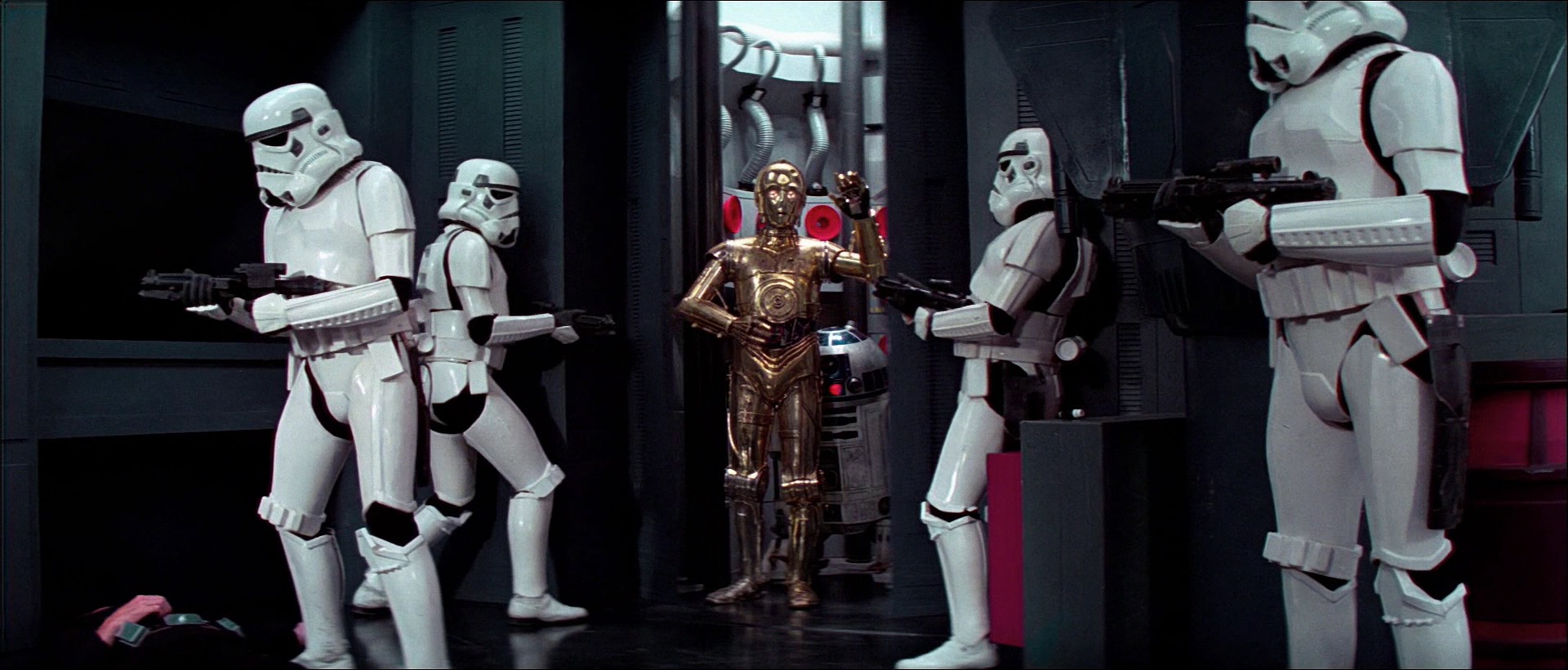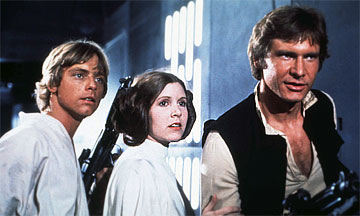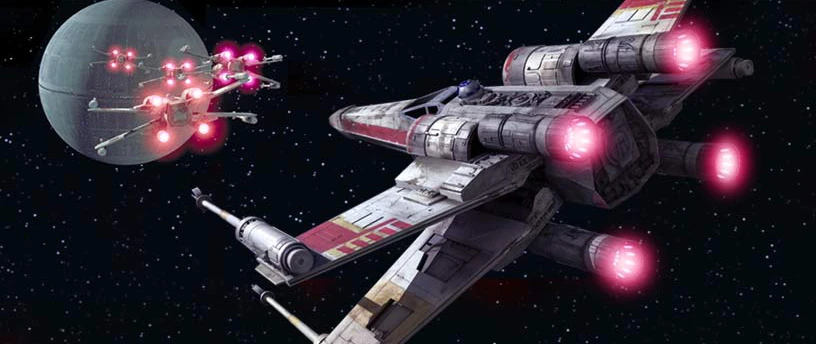Time for a Star Wars analogy on organizational effectiveness.
In the Star Wars Saga, the Empire is taking over the universe because, at the primal level, they wanted to make things better. And boy, does Grand Moff Tarkin, the commander of the Death Star, in Episode IV: A New Hope, think that the Empire is the bee’s knees in everything. “It’s time we demonstrated the power of this fully operational battle station.”
Yet the Empire, for all its might, technology and gobs of Stormtroopers, weren’t terribly organized nor effective.

We’ve got the Rebel gang of Luke, Han, Chewie, Obi-Wan and the droids sneak on to this massive battle station, break Leia out of jail, and most of them escape.

Then, we get a massive Rebel attack that blows up the Death Star.

Organizational Effectiveness Score: Rebellion – 1. Empire – 0.
Why did the Empire fail?
Let’s set aside the whole Force thing for a minute. It’s easy to imagine a bloated organizational structure on the Death Star. The left hand could never know what the right hand was doing. Then add in the fear of Darth Vader Force-Choking you to death if you fail, no one is going to offer any new ideas or speak up. About anything. It’s a pretty good example of how organizations can fail when leaders lead with fear. No change. No improvements. Because everyone is afraid that if they speak up, they’ll die. Or in the real Earth world case, be fired.
So no one says anything. Stuff falls through the cracks. Instead of Rebels coming aboard to break someone out of jail, maybe the consequence is wasted time and resources because the leadership isn’t open minded enough to receive pushback. Pushback that isn’t for kicks and giggles, but that demonstrates a problem and offers a solution.
The Empire failed because its organization was flawed and ineffective.
Why did the Rebellion succeed?
When you have a lean mean (and literal) fighting machine, you have to be smart with your resources. The Rebellion had a smaller force and fewer resources, but ultimately were more effective. Call it good communication, commitment, or belief. The team was all-in for the goal. There was measured risk-taking for the greater good. They took a bush-pilot and put him in with a squadron of more seasoned pilots on the biggest offensive of the year. Someone easily could have got his nose out of joint with a “rookie” in the group. None of that happened. It was all about getting the job done.
The Rebellion succeeded because its organization, though small and with fewer resources, was more effective in its execution and coordination of the plan.
Moral of the story: Be more like the Rebellion. Do what it takes to have organizational effectiveness in your own business or organization. Don’t make the mistake of thinking your organization is perfect.